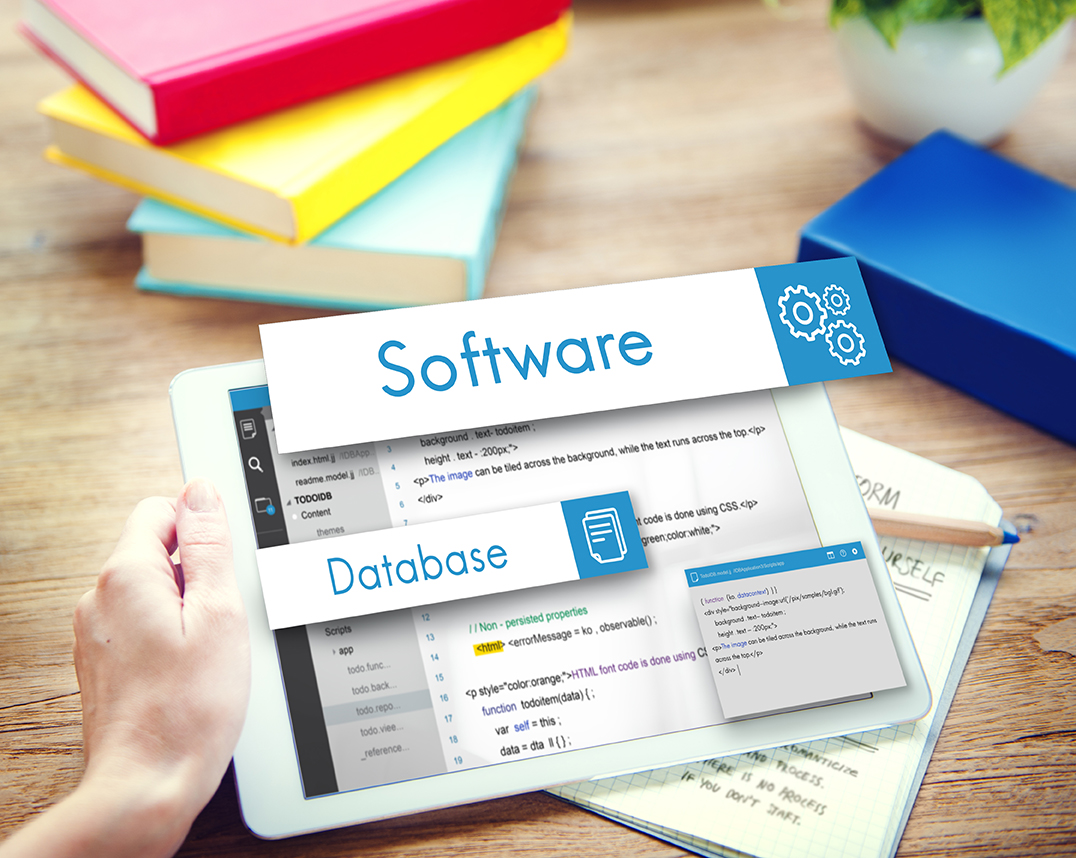
What is CMS? How can it improve your conversion?
Having a high-quality content management system (CMS) to help manage your company’s website is critical to corporate success – more than you might have ever imagined!
Without one, websites all too easily become out-of-date and disorganized, leading to high bounce rates (in other words, potential customers who click away in mere seconds).
An excellent CMS will help you streamline your content creation and delivery process.
One of the major benefits of a CMS is that it allows people who have little to no technical knowledge about programming to easily create and manage their web content. This makes it easier for multiple teams to participate in the content creation process without getting overwhelmed by the technicalities of the backend.
Before we dive into how to select the right CMS for your brand, let’s quickly have a look at what exactly a CMS means.
What is CMS?
A Content Management System (CMS) is a software that allows multiple users to create, edit, collaborate, report, publish, and manage the content of an application.
It’s a super handy tool which makes it easier to create content and manage the entire workflow – right from the planning phase to the final publishing phase.
A good CMS not only helps you streamline your workflow, but also impacts your branding, and ultimately your conversions.
Like a home contractor, a CMS can build out your website to be as minimalist or as sophisticated as you want, keeping it in line with your branding. So, when your site is easy to use and intuitive, customers will keep returning for purchases, in turn raising your SEO rankings and boosting sales.
Let’s break it down further:
CMS = Makes a website easy to use + Improves user experience + Enhances Conversions + Generates Sales
So, it isn’t just your content management workflow that improves with a CMS, rather it’s the way your website works in the backend and feels on the front end to users.
How to Select the Right CMS for Your Business?
There are hundreds of CMS platforms that are available out there in the market, but how do you select which one to use?
First, consider how much data you have to organize (e.g., your company’s size, products sold), your geographic location, and your level of technical expertise. If you have a multinational and multi-million-dollar organization, you will need a CMS system – maybe two or three – that has large data storage capacities and can handle high web traffic volumes.
Note: Transitioning to a CMS will be more difficult if your company is larger and uses multiple communication platforms, such as videos, webinars, graphics, chats, and diagrams.
Go From Ordinary to Extraordinary
A good CMS program makes your website come alive. It will knock down the wall of communication that customers believe stands between them and your company. It should also make your website feel like an online coffee shop – a place where clients, corporate friends, and your own employees can go to chat, relax, and have a good time.
Most CMS programs offer base packages with templates for organizing and publishing information, revision tools to track changes, and capacities for search, retrieval, and storing data to allow users to quickly find what they want with keywords.
Database vs. Flat File
Among database programs, several consistently rank high in customer satisfaction for providing many features, design flexibility, and customer support: WordPress, Joomla, Magento (Adobe Commerce), and Drupal. These programs are good for one-stop shopping, but they can require some technical knowledge to use. Additionally, some find the volume of features they offer to be a bit overwhelming.
Flat-file programs, such as Jekyll, are good for smaller companies. They are more affordable and user-friendly, but these programs lack the bells and whistles of data-driven systems. Although the listed programs are the most popular, it’ll take some shopping around to find the CMS best suited for the needs of your company and clients.
Forecast for the CMS Future
A CMS system can make or break your electronic business. It is key to digital marketing, and can make the difference between your company attracting a large following, or quickly losing customers to competitors. Additionally, CMS programs enable you to lay out and manage your site in a way that makes doing business easier for everyone involved. Before making a decision, consider your company’s needs, and pay attention to projected trends.
If you want to get a leg up, consider upcoming trends before making a CMS purchase. Right now, this means making your content accessible through multiple channels, facilitating collaboration, and enabling data-based decisions, among other necessities. For those business owners who feel lost in the digital playing field, a web management or online marketing professional can steer you in the right direction.
Takeaway
Without a CMS, managing your website can be both time consuming and expensive. By integrating a CMS in your website, you can store all your web content in one place, have effortless collaboration between teams, and even get handy plugins to make your site as effective and secure as possible.
We can help you create simple, plug and play websites, or completely engineer a new solution from scratch. Let’s create the website you want.
Welcome to Integration Yantra, where we strive for excellence in all aspects of creative marketing, digital marketing and eCommerce Development Services and Solutions. Our team is made up of talented subject-matter experts (SME) who are passionate about what they do. From our writers who meticulously research and craft blog posts to our UX designers, developers, testers, and marketers who work together to deliver the best results possible, we are dedicated to providing our clients with the highest level of service. Read about our services here.


